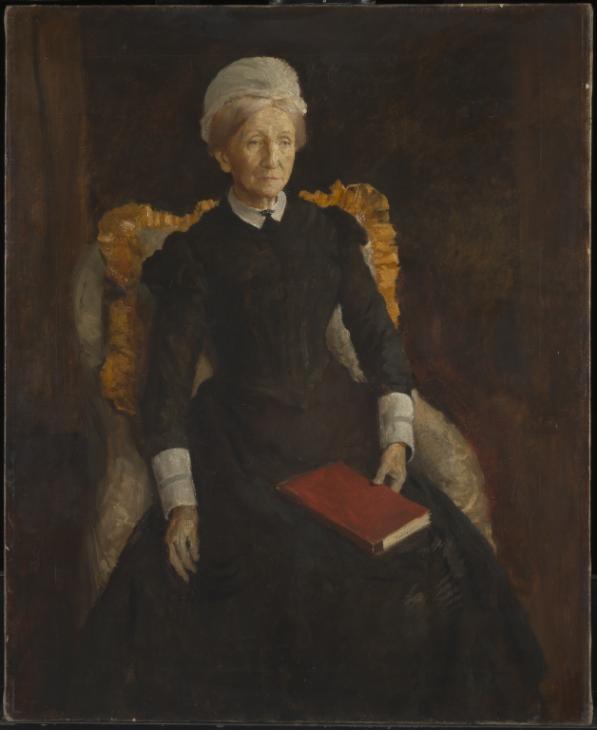Monday
My mother turned 96 on Saturday, and among the surprises we had for her was a Czeslaw Milosz poem appearing in her very own poetry column. My mother runs From Bard to Verse for the Sewanee Messenger and had planned John Keats’s “Ode to Autumn” to welcome in the new season. Given her modesty, she would never have allowed us to run a poem honoring her, so I had to go behind her back. She was deeply moved when she saw it.
Entitling his poem “Late Ripeness,” Milosz explains that he wrote it as he was approaching his 90 year. (He died at 93.) At this stage in life, he reports, he has achieved a new clarity.
For instance, he can gaze back at, and let go of, his former lives and his former sorrows, which depart like ships. His poetic pen, like a brush, can describe his former locales better than ever before. He sees himself no longer separated from others by “Yes and No” but rather joined to them by “grief and pity.” Whatever seemed to separate them in the past is no longer there.
When he says, “We forget—I kept saying—that we are all children of the King,” he may have Christ in mind or just common humanity. In any event, he has a vision of himself working in a vineyard along with everyone else who is “living at the same time/whether they are aware of it or not.”
It’s not that our former lives are inconsequential. He acknowledges that “we used no more than a hundredth part/ of the gift we received for our long journey.” Furthermore, things we did in the past are waiting for fulfillment—will make themselves known—in the present, whether they were momentous (“a sword blow”) or small (“the paintings of eyelashes before a mirror/of polished metal”). He uses archaic images to capture how this past life seems to have happened centuries ago.
Nevertheless, the poet appears to have reached a new level of acceptance. Peace radiates throughout the poem.
Happy birthday, mama!
Late Ripeness
By Czeslaw Milosz,
Trans. Robert Haas and Czeslaw Milosz
Not soon, as late as the approach of my ninetieth year,
I felt a door opening in me and I entered
the clarity of early morning.
One after another my former lives were departing,
like ships, together with their sorrow.
And the countries, cities, gardens, the bays of seas
assigned to my brush came closer,
ready now to be described better than they were before.
I was not separated from people,
grief and pity joined us.
We forget—I kept saying—that we are all children of the King.
For where we come from there is no division
into Yes and No, into is, was, and will be.
We were miserable, we used no more than a hundredth part
of the gift we received for our long journey.
Moments from yesterday and from centuries ago—
a sword blow, the painting of eyelashes before a mirror
of polished metal, a lethal musket shot, a caravel
staving its hull against a reef—they dwell in us,
waiting for a fulfillment.
I knew, always, that I would be a worker in the vineyard,
as are all men and women living at the same time,
whether they are aware of it or not.


